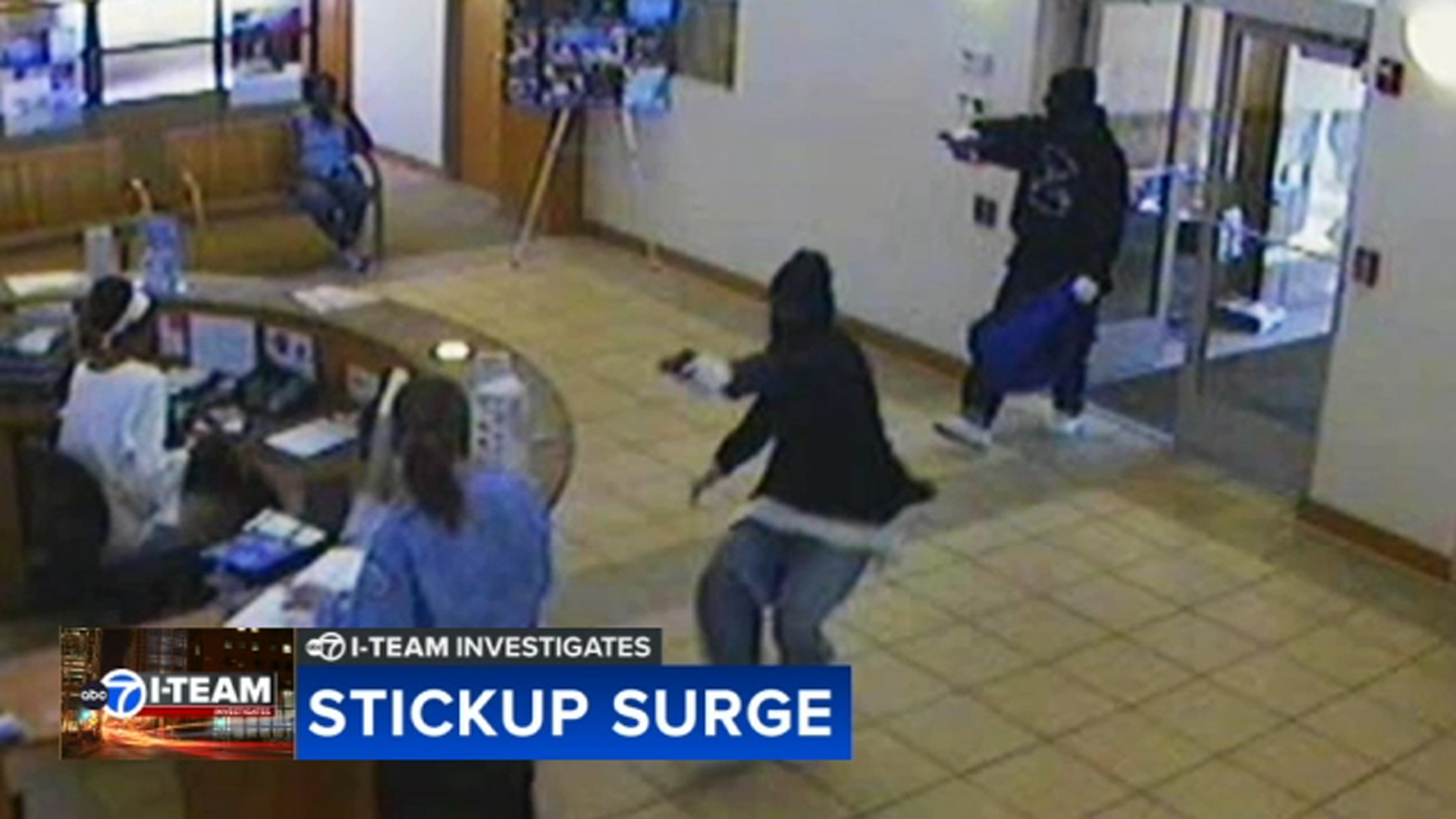Colon cancer rising among young Americans, but new technology helps those who start screening early

New data confirms younger and younger Americans are being diagnosed with colon cancer.
The good news is new technology can remove early-stage cancers without surgery - but to catch it early, doctors say you need to be screened.
"I would follow the recommendations and get my polyps checked every one to 5 years." said family medicine physician William Kaplan.
He gets regular colonoscopies. Last summer, doctors spotted a large suspicious polyp.
"I was at a stage right before cancer," Kaplan said.
Conventional treatment requires removing part of the colon. That means a long hospital stay and up to three months of recovery.
"Although that is a gold standard approach, it is still ultimately a surgery," said gastroenterologist Dr. Karl Kwok with Kaiser Permanente L.A. Medical Center.
He completely removed Kaplan's pre-cancerous polyp with a new minimally-invasive treatment that for most patients would resemble a colonoscopy.
"I was able to work the next day without any complications," Kaplan said.
"This is an organ preserving approach that allows patients to go home and essentially go about their daily life in a very short amount of time."
But to be eligible for an endoscopic submucosal dissection, the cancer would need to be found in its earliest stages. The U.S. Preventive Services Task Force says all Americans need to start colonoscopies at age 45.
"This technique is most successful when the lesion is very, very small," Kwok said.
A new American Cancer Society report finds more younger Americans are getting diagnosed with colon cancer - many in advanced stages.
In people under 55, rates have nearly doubled from 11% in 1995 to 20% in 2019. One theory is that Americans are sitting more.
"Another hypothesis is our consumption of heavily processed foods, particularly foods with preservatives such as nitrates," Kwok said.
Kwok recommends eating a Mediterranean style diet and 150 minutes of moderate exercise per week.
Kaplan said when reluctant patients hear how regular colonoscopies saved him, they take action.
"They change their minds regularly, and that provides me tremendous satisfaction," he said.




